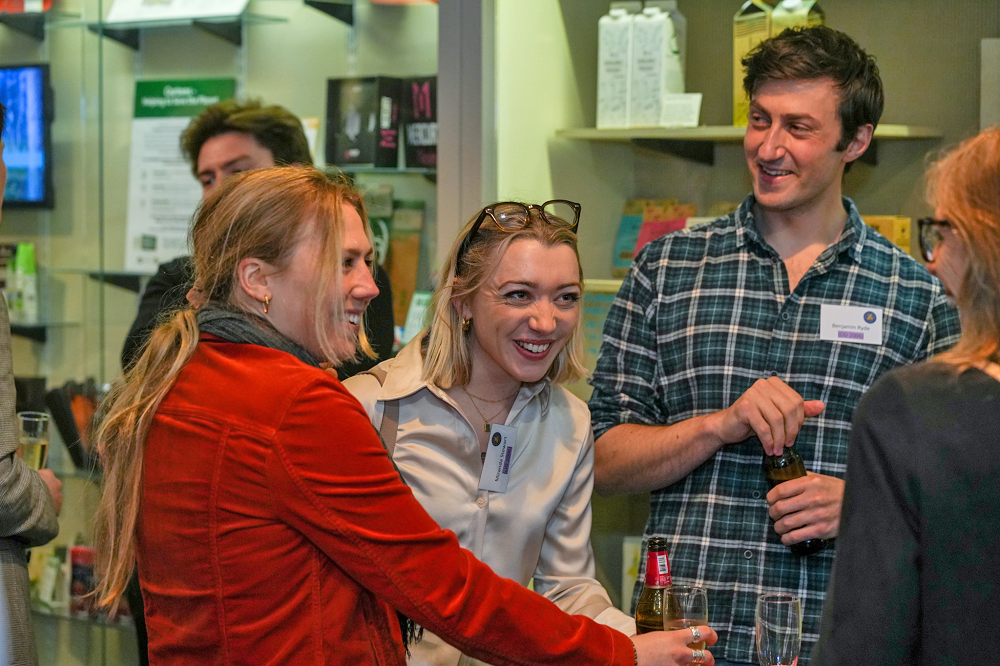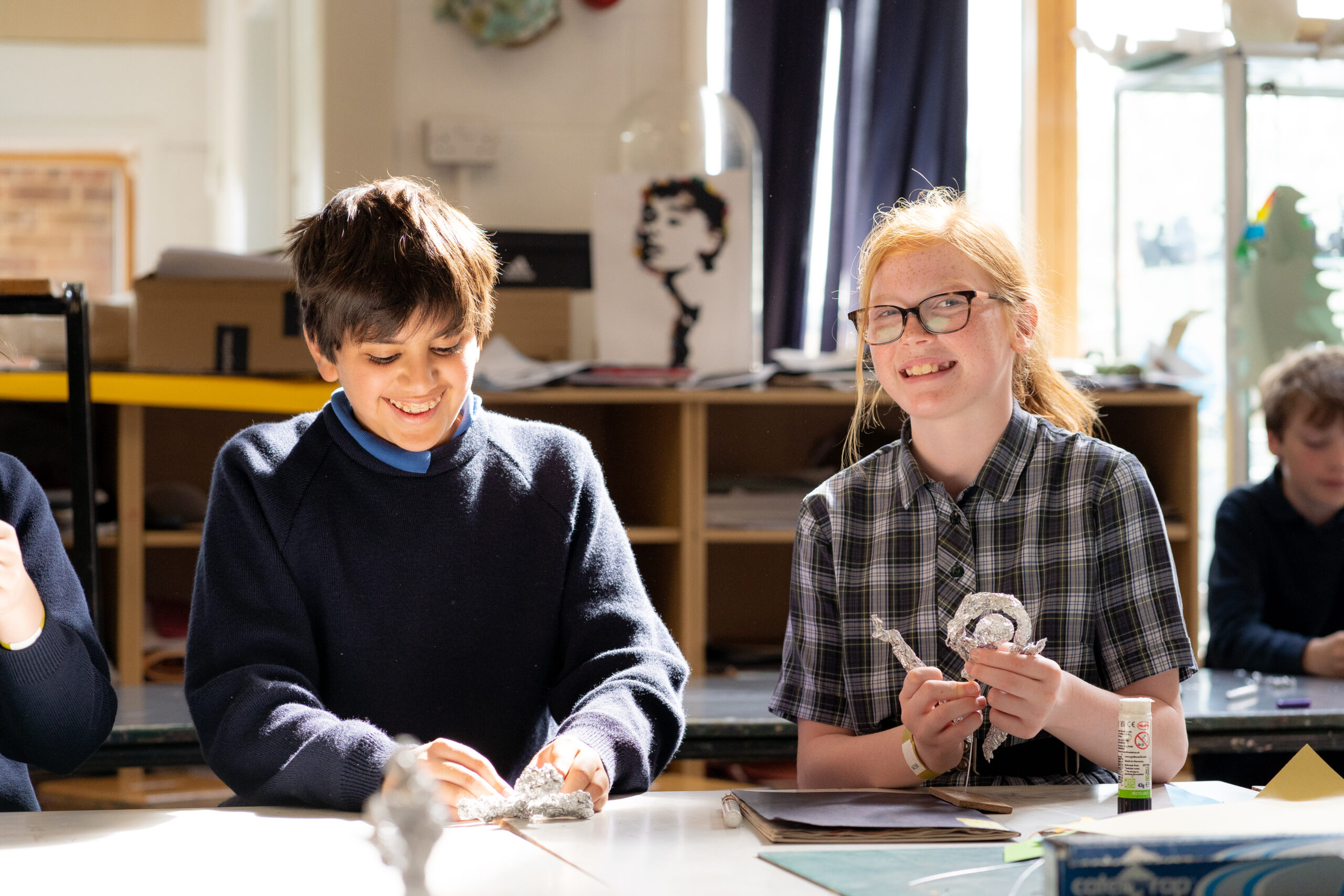We realised how serious things were when they suddenly stopped the ferry to Grenada. One of the nurses came flying into the room shouting for everyone to help her pack. It was only after she had left I realised I was stuck. I had been travelling full time since December 2018, working as a vet in the UK and using the money to volunteer for animal charities abroad. The next few months were meant to involve tiny Caribbean islands, Amazonian wildlife centres with no running water or electricity and the newly established Galapagos Animal Doctors. I had only intended to be in Carriacou for a month, almost six months later, I am still here.
“It is an uphill struggle for the clinic now as the island finds a new normal.”
Lockdown in Grenada was strict. Initially, we were only allowed to go to the shops three times a week for just a few hours. Police patrols went past our little beach fronted clinic three times a day, and we had to sneak across the ten meters of land to the water, clutching dogs who we insisted needed “water therapy”. Even now you risk a large fine if you are caught without a face mask. Although we are all tired of wearing masks in thirty-six-degree heat and carnival has been cancelled, there have also been no COVID-19 deaths in Grenada. We are now completely free of the virus, something I suspect will change once the airports open again.
Carriacou Animal Hospital is entirely run by volunteers. Not even the permanent staff draw a salary and everything is donated. Usually, volunteer vets and nurses bring supplies from their home countries, but with nobody coming in our drug shelves became increasingly sparse. Every treatment or surgery is performed for any donation the owner is able to give. Without tourists coming in, local people’s meagre living wage dwindled and, as a result, most of the treatment we gave was for free. With such stringent police controls, we needed a special pass to leave the house and often people were stopped whilst trying desperately to get their sick animal into us.
As lockdown eased the full consequences were felt in the dog population. We had been unable to perform “non-urgent” surgeries over the past six weeks, and as a result we saw a wave of pregnant females. Some of these were still puppies themselves and many were in poor condition even before the strains of pregnancy. Several weeks later the tide of unvaccinated puppies throughout the neighbouring islands led to a massive parvovirus outbreak.
It is an uphill struggle for the clinic now as the island finds a new normal. With limited staff and resources, we have begun our own fight against this new danger to the longsuffering island dogs. The only upside being owners now understand just how contagious and deadly a virus can be.
Jessica Riley (OD 2005)
At the time of publication, Jess has been able to make the move to Grenada, and is now the Head Vet at the GSPCA. The GSPCA is a non-profit organisation with a clinic of which supports the shelter aspect. They are currently unable to fly any of the dogs who have homes abroad, and the puppy population is booming due to a lack of spey/neuter campaigns.
“To make matters worse the new vet we just hired is stranded in the UK, most of the volunteers are back in the US and all the students who usually fundraise or foster animals are also back in the US. So like most organisations, we are understaffed and underfunded. It’s a different type of challenge to Carriacou as Grenada is a much bigger island, but it’s definitely keeping me on my toes, especially as I am the only vet in the clinic right now.”


